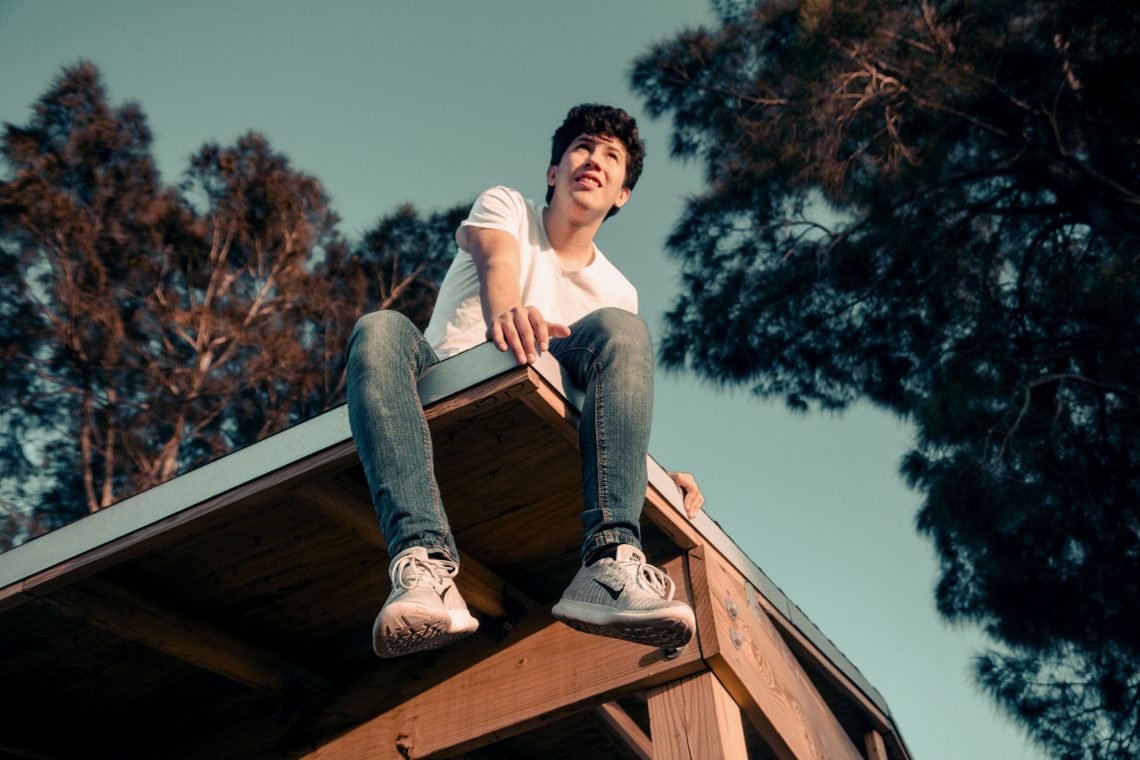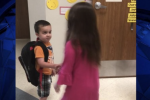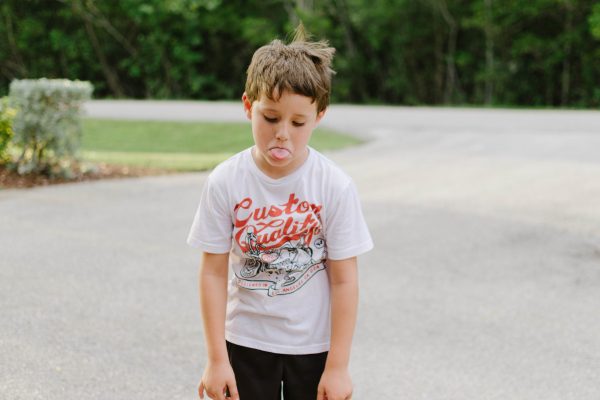When Curfew is Broken
It’s 12:01 am. Your 16 year old child was supposed to be in at midnight. 12:15 and you’re getting angry. 12:30 and you’re furious (and tired). As the hands of the clock reach towards 1 am, you are worried and by 1:30 – frantic.
You’ve tried calling and texting to no response. You’ve even called a few of his friends. They do not know where he is.
Just as you’re about to call the police, you hear a key in the door and you drop worried like a rock and go right back to furious.
You lecture junior. He apologizes. But you know that you’re just going to go through the same thing again until you ground him … but that never works anyway.
Sound familiar? Read on.
I am a student of Parenting with Love and Logic and I’ve added a few of my own ideas into the mix as I’ve been raising my kids.
Let me explain one thing: lecturing never works. Kids glaze over and tune out after the first sentence if not before. They’ve heard it all before. Think about it. Do you listen when someone is lecturing you about something you’ve done wrong? You probably tune out too.
How about grounding? Grounding is great if you want a resentful child that hates you. They do not see grounding as a natural consequence of their actions. They see it as a crazy move by angry, overprotective parents.
So what’s the answer?
You have to think of a logical consensus.
What would happen if the next time he wants to use the car you talk with them about where they want to go – really listen and empathize and then say “I’d be happy to let you use the car as soon as you start respecting curfew “? No lecture. You just say that one thing and walk away.
What about explaining to them that you love taking them out for new clothes – it’s something you really enjoy doing with them and that you were also planning on taking them out to lunch at their favorite place and stopping by to catch a movie but unfortunately you won ‘t be able to do that because you’re too tired? (Since you had to stay up waiting and worried)
What if you set a standard that you would call a friend who is a police officer (who you explain the situation too and ask if they can help you out) if they’re not home at or before curfew? All of these would be logical consequences to their actions. You provide the empathy and let the consequence do the teaching. No lectures. No “I told you so.” No warnings. Just a logical conclusion that could happen in real life.
If they borrow a car from a friend to you think the friend would let them borrow the car again if they did not get it back when they promised? Probably not. Logical convergence.
How about this – when they’re an adult may their partner not be in the mood to do something nice for them if they kept them up all night worrying? Yup.
And might a roommate call the police if they were really late coming in? A good roommate who cares about them would.
Whenever you’re trying to think of a logical convergence, think of how things would be in the real world and translate it into kid terms.
Source by Aricia E. Shaffer, MSE
Article Source: EzineArticles.com










